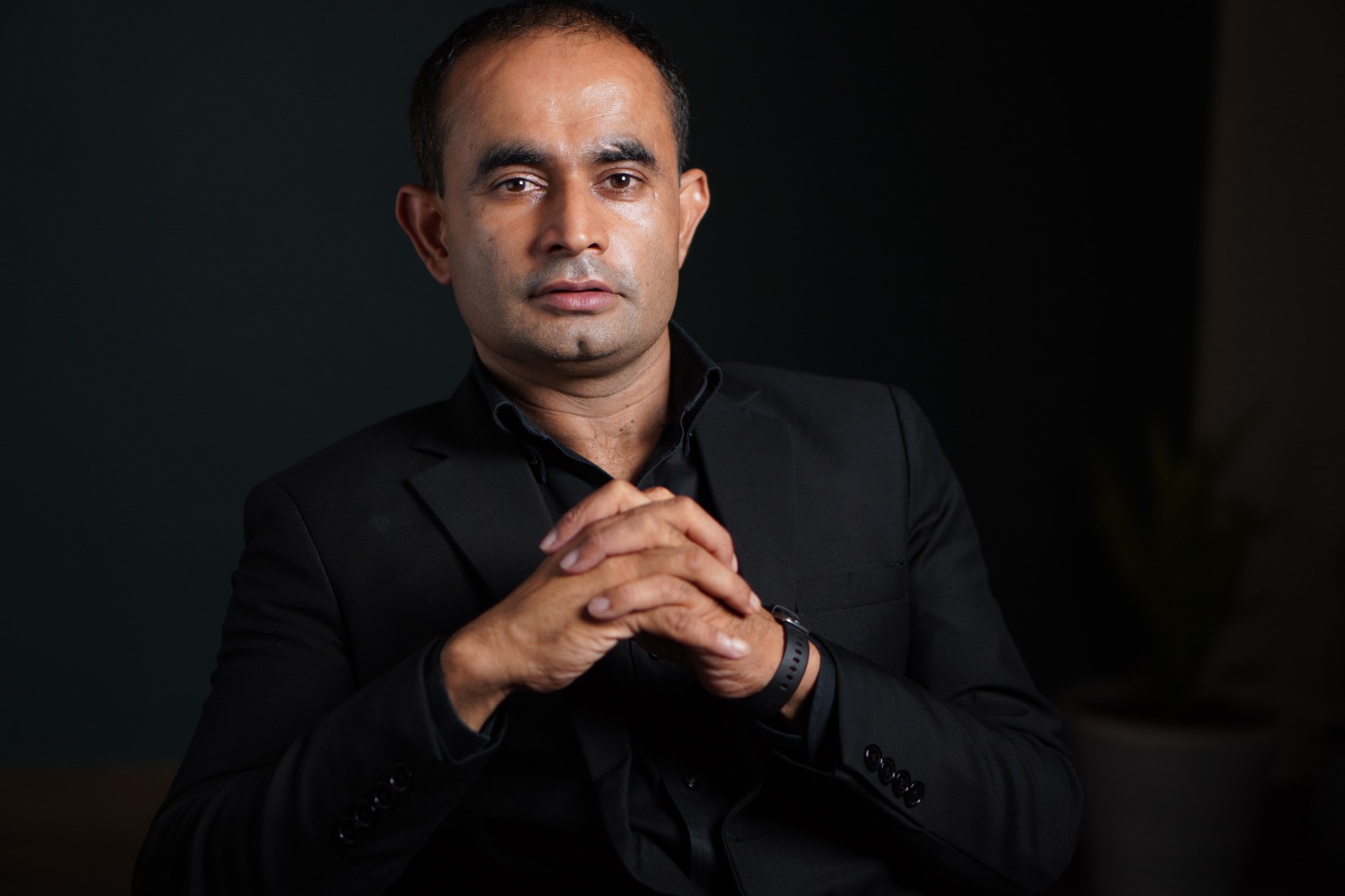Introduction: The Practical Innovator
In the age of flashy tech founders and speculative fintech ideas, Sabeer Nelli stands out for something unusual—practicality. Before he ever wrote a line of code or launched Zil Money, he ran gas stations. Not metaphorically. Literally.
As the founder of Tyler Petroleum, Sabeer managed vendors, reconciled accounts, printed checks, processed payroll, and kept dozens of locations running 24/7. The back-office chaos, the spreadsheet headaches, the banking delays—he lived it all. And it was precisely that experience that inspired him to build one of the most grounded, user-friendly fintech platforms in the U.S.
Zil Money wasn’t born in a think tank or an accelerator. It was born in a dusty office above a gas station counter. And it’s this origin story that makes the platform uniquely qualified to serve small businesses today.
Seeing Problems Others Missed
Most fintech startups begin with an abstract vision: “banking for Gen Z,” or “AI-powered finance.” But Sabeer started with a simple question: Why is something as basic as sending a payment so difficult for small businesses?
When you’ve had to physically mail checks at midnight to pay a vendor, or scramble to transfer money to make payroll, you start to see the friction points others overlook. Sabeer didn’t need market research—he had experience.
He didn’t see fintech as a playground. He saw it as a toolbox. That mindset shaped every decision that followed.
From Chaos to Clarity: Building Zil Money
Zil Money launched in 2018 with a specific mission: make business payments faster, easier, and more reliable. No jargon. No gimmicks. Just real tools solving real issues.
The first feature? Online check printing. Unsexy? Maybe. Necessary? Absolutely.
Then came ACH transfers, wire payments, invoice management, payroll by credit card, and international transactions. Each new feature was added not because it looked good on a pitch deck, but because users needed it.
And behind every release was a ruthless focus on simplicity. If it wasn’t intuitive, it didn’t ship.
Making Automation Approachable
Fintech often tries to impress by automating everything. But Sabeer knew that business owners don’t always want full automation—they want control.
So Zil Money offers the best of both worlds: automation where it saves time, and manual options where users need oversight. You can automate recurring payments or print a one-time check. You can batch process payroll or review every line manually.
This “flexible automation” approach has become a key reason users stick with the platform. It doesn’t force a workflow—it fits into the one you already have.
Why Customer Service Isn’t a Department—It’s a Culture
One of Sabeer’s most overlooked innovations is cultural: Zil Money’s customer service is not an afterthought. It’s part of the product.
Support agents are trained not just on how to solve problems, but why those problems matter. A delay in payroll isn’t just a tech issue—it’s a team morale issue. A failed ACH isn’t just an error—it’s a relationship at risk.
Because Sabeer lived these consequences himself, he made sure every member of the company understands the stakes. That empathy is built into the company’s DNA.
Compliance as a Strategic Asset
Long before it became trendy, Zil Money invested heavily in compliance. SOC 1 and 2, PCI DSS, GDPR, HIPAA, ISO certifications—you name it, they earned it.
Why? Because trust is the most valuable currency in financial services.
Sabeer didn’t wait for regulators to knock—he built the house according to code from day one. This proactive posture doesn’t just prevent problems—it opens doors. Enterprise clients, banking partners, and global vendors now trust Zil Money to move billions safely and compliantly.
It turns out that “boring” things like audit trails and encryption protocols? They scale beautifully.
Scaling with Precision, Not Pressure
Startups often grow until they break. Sabeer did the opposite—he built to avoid breaking.
Zil Money’s infrastructure was designed to support millions of users from the start. Load testing, redundancy planning, and modular development weren’t bolted on later—they were built in.
As a result, the company has grown rapidly but steadily. No viral gimmicks. No last-minute pivots. Just solid growth driven by satisfied users and reliable performance.
And that makes Zil Money not just a fintech company—but a utility business for the digital age.
Lessons for Aspiring Founders
Sabeer’s journey offers a roadmap for founders who want to build durable, impactful companies:
- Start with pain, not trends – The best products are born from lived frustrations.
- Don’t chase perfection—chase clarity – Make it easy for users to solve their problems.
- Build systems, not silos – Your company should be a set of self-improving processes.
- Serve users, not investors – If you deliver value, growth (and funding) will follow.
- Make reliability your brand – Being dependable beats being viral.
Conclusion: Innovation in the Trenches
Sabeer Nelli may not be a household name in the startup world. He doesn’t keynote at every fintech conference. He doesn’t flood LinkedIn with visionary threads. But what he’s built is quietly extraordinary.
He took the hard-earned lessons of running a traditional business and turned them into software that thousands rely on every day. Not to speculate. Not to disrupt. But to work.
In a world chasing hype, he doubled down on helpfulness. And in doing so, he cracked a code most founders miss: the future belongs to builders who never forgot what it’s like to run a business.
Read More From Techbullion































